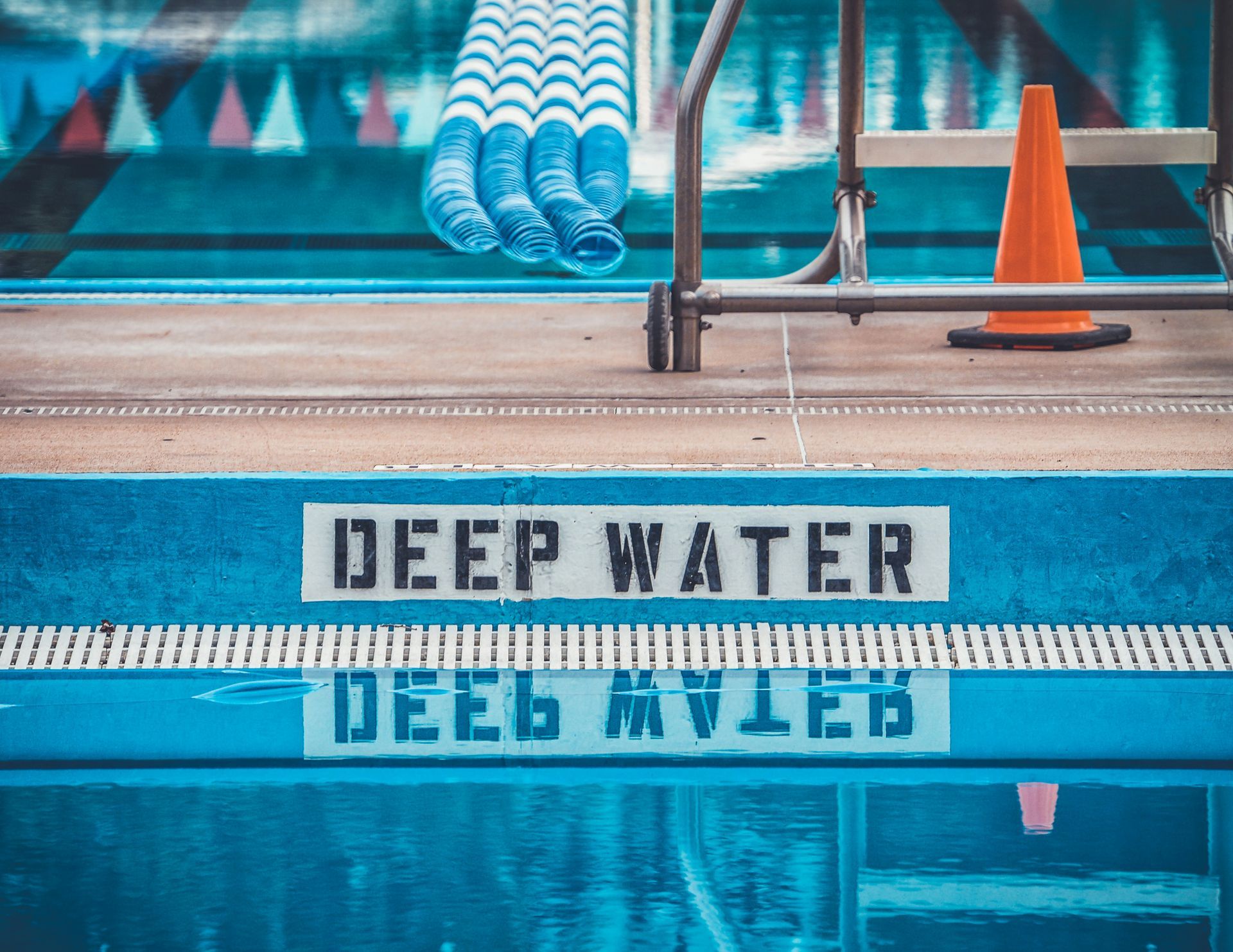What are the signs of a healthy relationship?

Friendship and Appreciation
First and foremost, go figure, healthy couples like one another. They are best friends. They share an abiding fondness and appreciation for one another. Great couples fall in like before they fall in love. They enjoy being around each other. Mind you, they aren’t “joined at the hip.” They don’t need to be with each other all day or every day. But they are one another’s biggest fan. They see and say the good in each other. They encourage and build one another up. Gratitude, courtesy, kind words and deeds, admiration, going the extra mile for each other: these are all evidence of friendship and appreciation that make love last.
Managing Conflict
Healthy couples also know how to manage their conflict—key word: manage. I didn’t say they resolve their conflict. They manage it. That’s because conflict is inevitable and some conflict is unresolvable. John Gottman posits that two thirds of the issues over which couples disagree are what he calls “perpetual problems.” They are matters of taste and opinion, personality and preference…issues on which couples may never agree and don’t have to.
Healthy couples don’t need to resolve every disagreement. Instead, they can respect their differences and maintain a dialogue. They don’t attack. They don’t belittle. They don’t have to win. They can compromise or just agree to disagree. They are willing to hear each other’s point of view and give it credence. Both feel heard, even—especially—when they disagree or don’t get their way.
Healing and Forgiveness
The positivity that comes from friendship and appreciation and from managing conflict well lays the groundwork for healing and forgiveness when one partner hurts the other. I said “when,” not “if.” It’s inevitable. Forgiveness is a crucial skill, even if it isn’t needed often. Healthy couples work hard to heal hurts and do not let them fester.
Intimacy
Thus, healthy couples value their intimacy and place a high priority on it. And, for the record, intimacy is far more than sex. Sex certainly has its place in a healthy relationship. But, intimacy is much more than that. It’s vulnerability and empathy. It’s deep trust and connection. It’s letting your partner in, sharing fears, uncertainties, needs and longings.
Yes, that stuff is risky. But, hey, love is a risk. And, no risk, no reward.
So, there is a short list of what love looks like. It’s friendship and appreciation. It’s managing conflict with respect and compassion. It’s forgiveness when we hurt the one we love. It’s intimacy, vulnerability, empathy, opening up and stepping up for each other. These are the foundation for trust and commitment that can last a lifetime. They are “proof of life” in a thriving relationship.
Hold Me Tight Can Help
And nobody said these things come easily. Indeed, all couples need a little help now and then. There’s no shame in that. And a Hold Me Tight®️ couples retreat is a great place to get that help. Hold Me Tight®️ is a chance to learn the lessons of love that attachment science has taught us…and learn with other couples in the same boat. Hold Me Tight®️ is not therapy. It’s a hands on experience where each couple goes (and grows) at their own pace: no pressure, no one is put on the spot. It’s safe, low key and just might change your relationship forever.
Come to beautiful Orlando, FL and see what Hold Me Tight®️ can do for you! Our next couples retreat is just a few weeks away. All the details are at www.couplesworkshopsofflorida.com.
- Learn more about Mark and Vicki
- Sign up for our Contact List
- Prepare for a transformational experience
Have a Safety Plan







